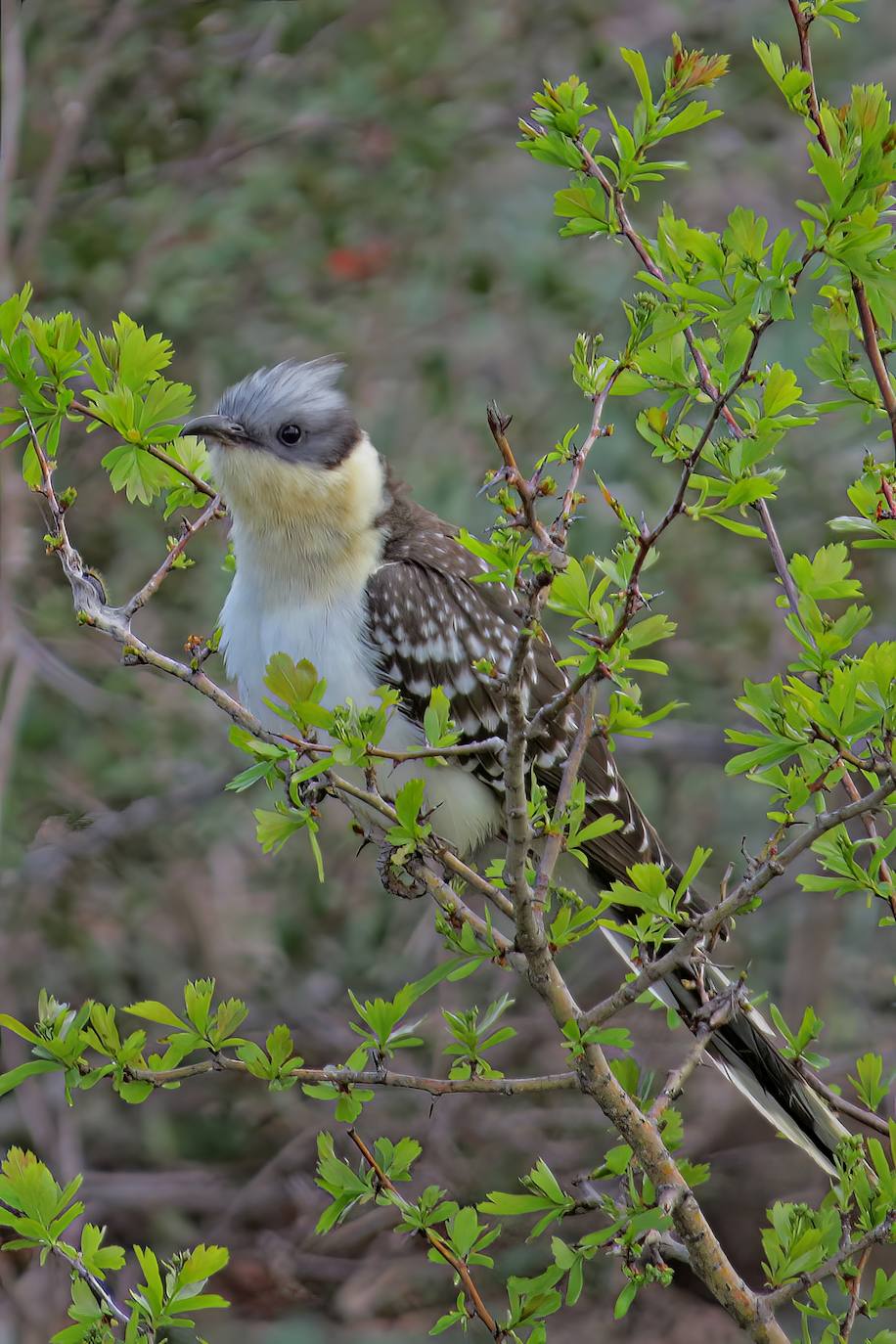The Great-spotted Cuckoo
Andalusian Bird Watch ·
The Andalucía Bird Society recommends looking out for the Clamator glandarius this monthPeter Jones
Friday, 17 February 2023
I wasn’t expecting to see any migrants brave enough to arrive ahead of spring as it has been so cold, yet there were a few early arrivals such as Great-spotted Cuckoo, a regular early migrant, and a couple of other brave souls with the sightings of House Martin and Black Kite.
We can expect the Barn Swallow and Black Kite to arrive in good numbers this month, accompanied by more Great-spotted Cuckoos. And we will also see some of our wintering birds drift slowly northwards as they make their way to their breeding grounds. Sharp-eyed dwellers in our towns and villages might expect House Martin to be returning and visiting their nesting colonies, so keep an eye out for these friendly urban birds.
I must admit, I am an admirer of the earliest of our spring migrants, the Great-spotted Cuckoo. They are a handsome bird and can often be seen in small groups or in pairs during February and March. They are only slightly larger than the Common Cuckoo, but appear much larger with their longer tail and broad wings. Once they have arrived, they become extremely noisy with their loud calls cher-cher-kri-kri and variations, their scientific name Clamator glandarius gives a clue to their vociferous calling as Clamator is Latin for ‘shouter’.
In our region Great-spotted Cuckoo are a brood parasite of members of the corvid family, largely Eurasian Magpie. Unlike the Common Cuckoo, neither the adult birds or young eject eggs or the young birds of their hosts. However, many of the host’s young fail to fledge as they cannot compete for food with the ravenous young Great-spotted Cuckoo. Curiously and conversely these cuckoos can have a benefit to their hosts where natural predators pose a problem for nesting corvids.
Young Great-spotted Cuckoos secrete a repellent scent when danger threatens, and this habit will also serve to protect the young of the host from natural predators. So, not all bad news for our resident corvids.
